Everyone Can Lead with Data
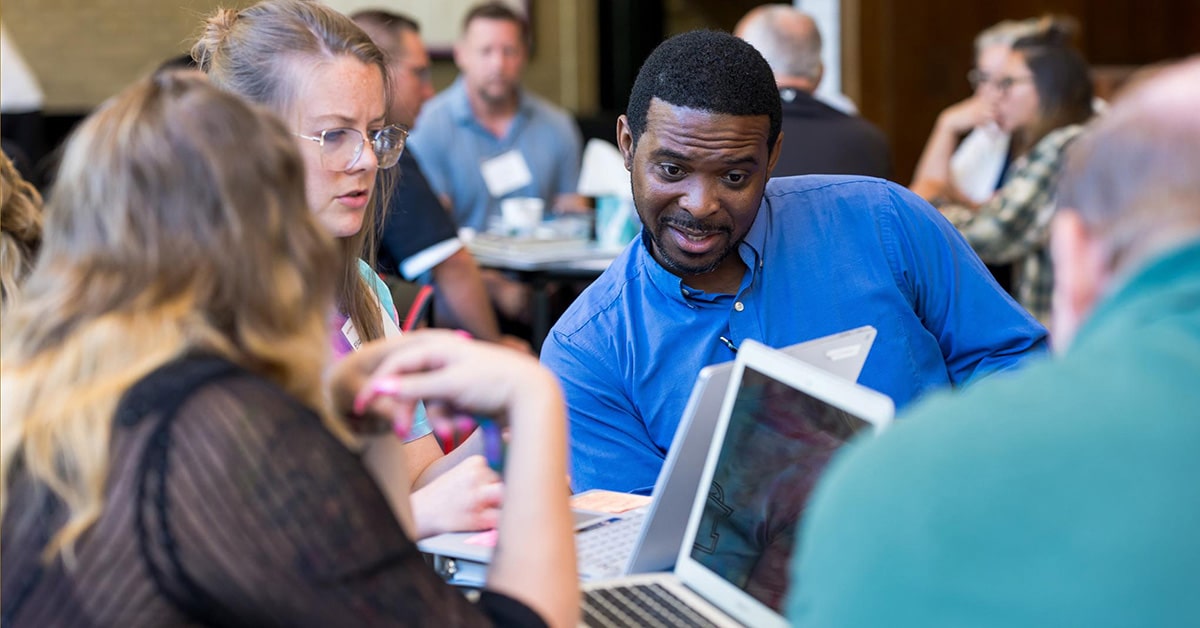
Now that I support 19 schools, I’ve come to understand that the “conduit role” is necessary but not sufficient. The real power of the “data lead” role lies not just in presenting the data, but in bringing together the people who need to talk about it, facilitating their conversations, and supporting them as they turn insights into action.
We Have All This Data, Now What?
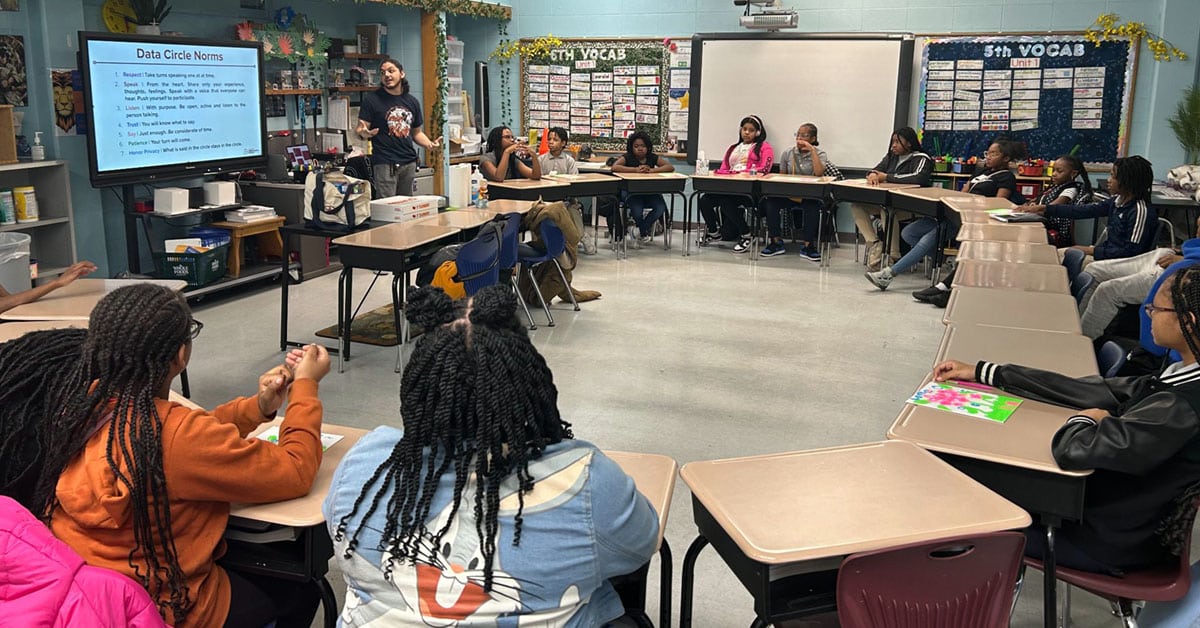
Too often when teachers get data, they don’t know what to do with it. At the University of Chicago Middle Grades Network, we use two protocols in succession (the first with staff members, the second with students) to transform data into effective action. The staff meeting protocol is called “What? So what? Now what?” and based on what we learn from that, we organize a “data circle” with students. Here’s what that looks like in detail.
Tackling Chronic Absenteeism
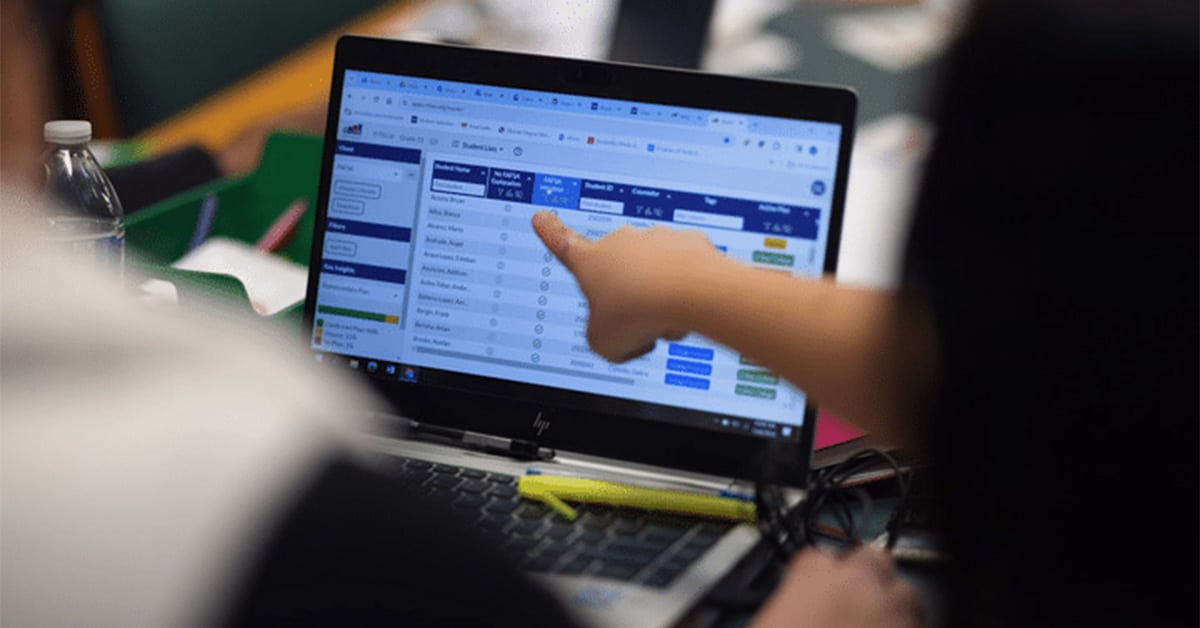
Tracking absences quarterly allows schools to spot trends and changes faster, whether they be something to celebrate or a student who needs more support. When we track the number of absences by quarter, just a few missed days in a row can trigger early intervention or celebration.
Student-led Advisory
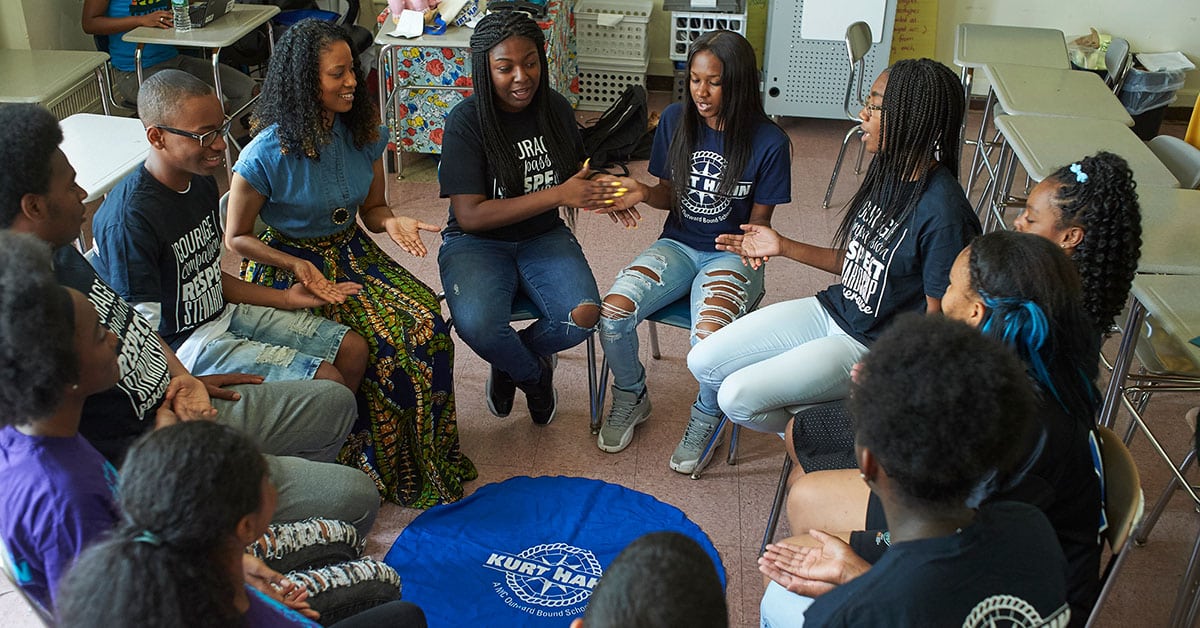
Try Stuff was a hit! Crew advisors were thrilled to hand over some of the facilitation, and students came up with all sorts of creative lessons to share with their Crews.
How Schools Are Using Identity Questions to Improve Literacy

ELA teachers asked students to connect their personal and cultural identity to the academic content at key junctures in their lessons.
WIN Time at Parkway Academy
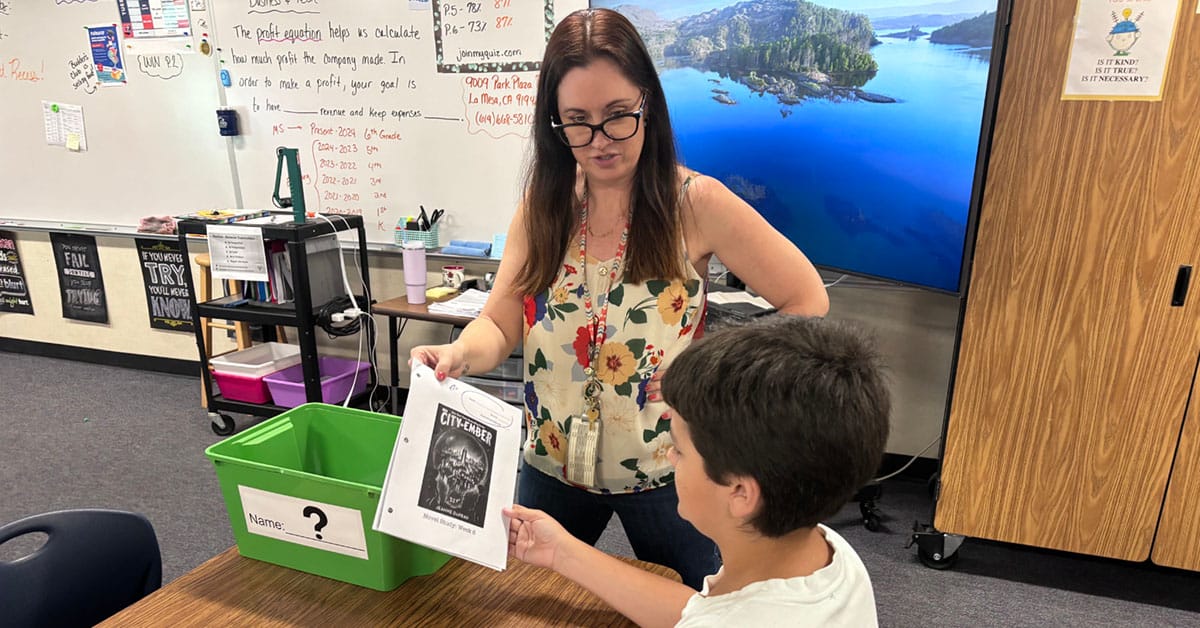
Parkway faculty carved out time in their daily schedule to pull specific groups of students to work on a particular skill or intervention,
Love Languages for Educators
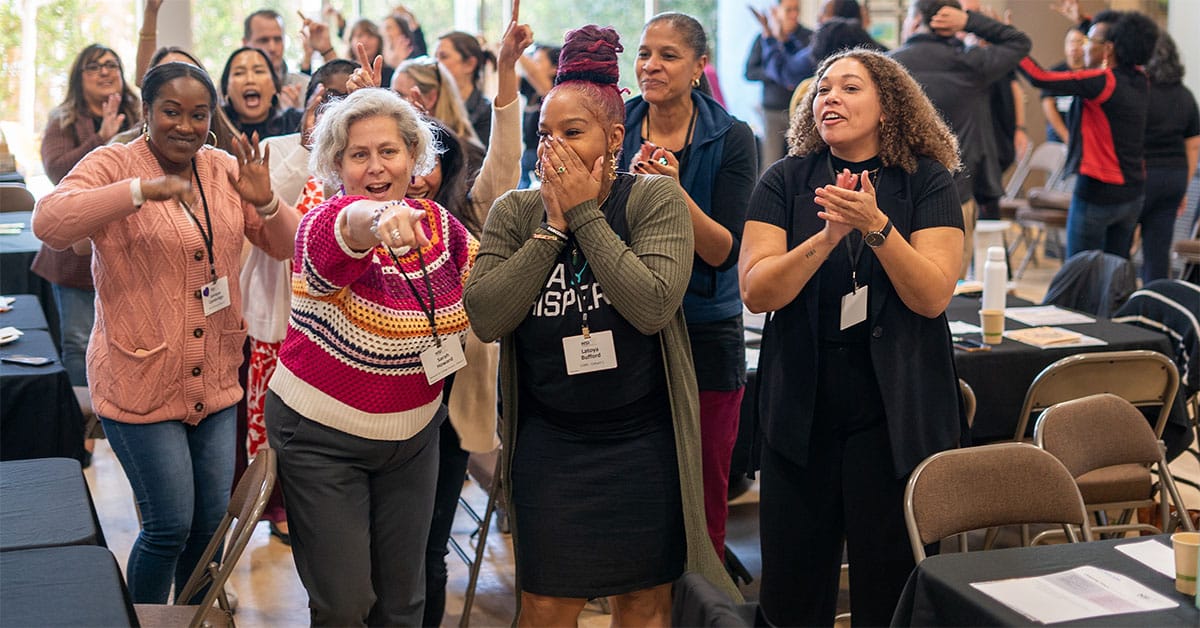
By learning to recognize the preferred ways in which people in your life understand love, you can better connect with people.
How to Start Continuous Improvement Without Stopping Everything
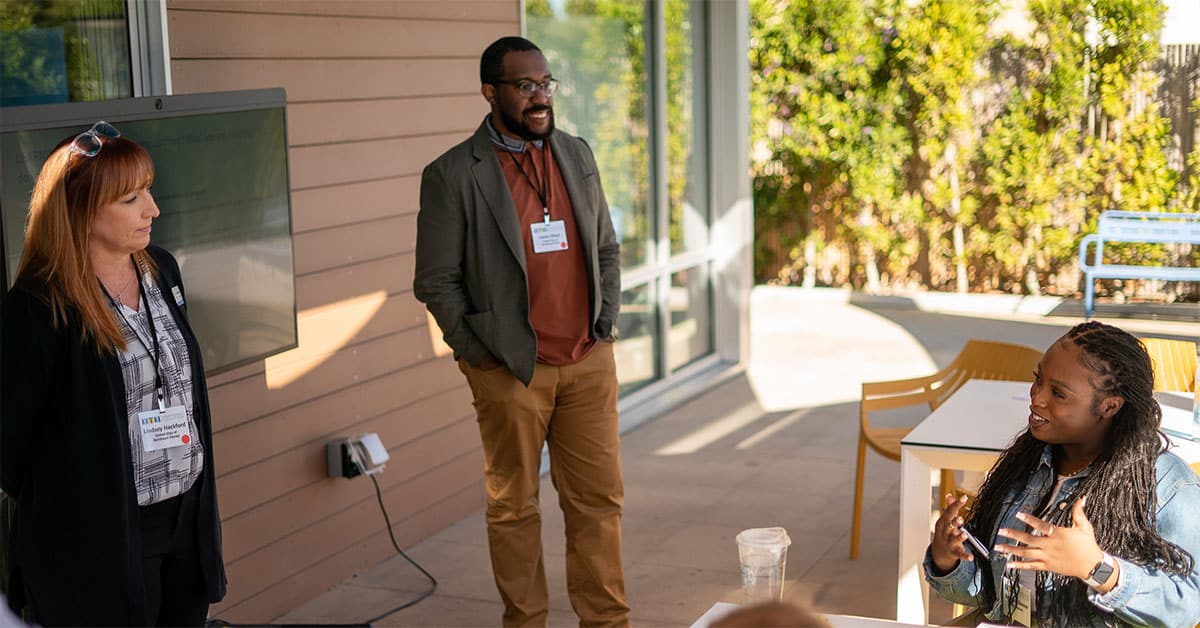
One of the key principles of continuous improvement is that you should spend a lot of time understanding a problem but this is not necessarily feasible in a large school district
An Improvement Project Tackling Chronic Absenteeism

Following the COVID-19 pandemic, Ferdinand T. Day (FTD), a Title 1 elementary school in Alexandria, Virginia, noticed an alarming increase in chronic absenteeism rates that disproportionately impacted Hispanic students
A Meeting I Actually Look Forward To: The Coaching Huddle

Every two weeks, my Network for College Success (NCS) colleagues and I connect with each other to learn and grow our practice as Transformation Coaches.